Have you ever wondered what happens when a powerful empire faces rebellion from its own allies? 🤔 Imagine a time when Rome, the greatest empire of its age, was challenged by those who once fought by its side. This is what happened during the Social War, a dramatic conflict that took place from 91 to 88 BCE.
What sparked this fierce struggle? Was it only about power and politics, or were there deeper issues at play? In this article, we’ll explore the Social War from two exciting viewpoints: the Romans, who faced a serious threat to their authority, and the Italian allies, who fought for their long-overdue rights.
The Social War (91-88 BCE) – A Roman Perspective
In the annals of ancient history, few events have shaped the trajectory of the Roman Republic as profoundly as the Social War. Spanning from 91 to 88 BCE, this internal conflict pitted Rome against its very own allies, who sought greater rights and recognition. From the Roman perspective, the war was a test of their dominion, a challenge to their authority, and a reflection of the complexities of their vast and diverse empire.
Backdrop
The Roman Republic, by the dawn of the 1st century BCE, was not just a city-state but a sprawling entity, having expanded its territories across the Italian peninsula. This vast expanse was not solely composed of Roman citizens but also included numerous allies – cities and tribes that had been integrated into the Roman system. These allies, known as socii, played a pivotal role in Rome’s military and economic success. They provided troops for the legions and resources for the state. Yet, despite their contributions, they were often treated as second-class partners, lacking the full rights and privileges of Roman citizenship.
The heart of the discontent lay in this disparity. The socii desired a more equitable share in the Republic’s governance and the same rights as the Romans. They sought the ability to vote, to hold public office, and to enjoy the legal protections that Roman citizenship conferred. Over time, as these demands were repeatedly ignored or rebuffed by the Roman Senate, the simmering discontent began to boil over.
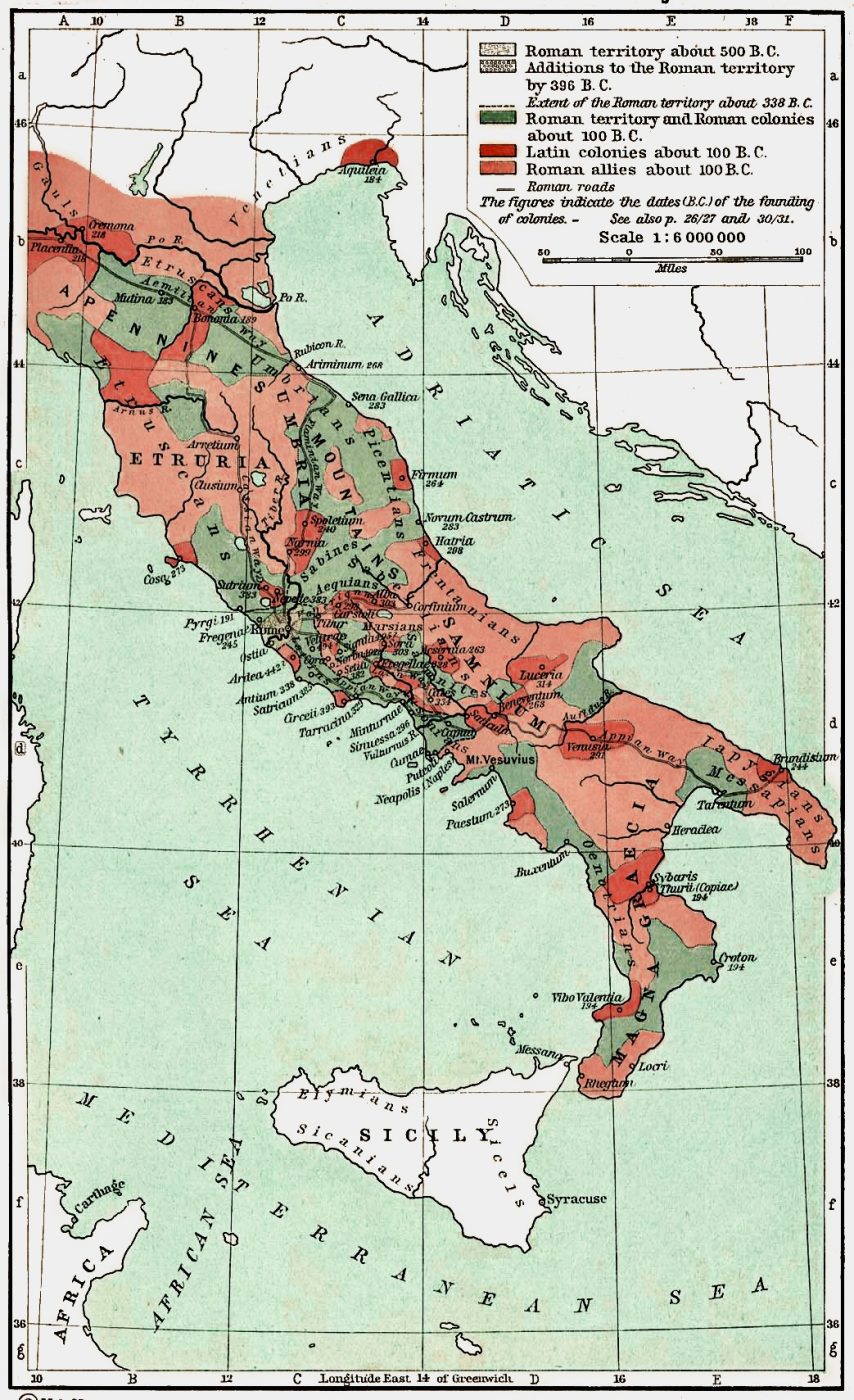
Spark and the Outbreak
The immediate spark for the Social War was the assassination of Marcus Livius Drusus in 91 BCE. Drusus, a Roman tribune, had proposed reforms that would grant citizenship to the allies. His assassination, widely believed to be orchestrated by elements within the Senate opposed to his reforms, was a clear message: Rome was not ready to extend its citizenship so freely.
The allies, feeling betrayed and seeing no peaceful avenue left, took up arms. The war that ensued was not just a military conflict but a social and political one, challenging the very fabric of the Roman Republic.
Rome’s Dilemma
From the Roman perspective, the Social War presented both an immediate military challenge and a deeper existential one. How could Rome maintain its dominion over such a vast territory if its own allies turned against it? The war forced the Romans to confront the limitations of their governance model and the inherent tensions in ruling over a diverse set of peoples.
The Roman legions, often hailed as invincible, found themselves stretched thin, battling on multiple fronts against foes who were familiar with Roman tactics, having fought alongside them in previous campaigns. The allies, for their part, were not a monolithic entity but a coalition of various groups, each with its own grievances and aspirations. This diversity was both a strength and a weakness, as it made coordination challenging but also meant that Rome could not employ a one-size-fits-all strategy.
Turning Point and Resolution
The war saw several brutal encounters, with both sides suffering heavy losses. However, the turning point came when Rome, recognizing the gravity of the situation, began to make concessions. In 90 BCE, the Lex Julia was passed, granting citizenship to those allies who had not revolted. This was followed by the Lex Plautia Papiria in 89 BCE, which extended the offer of citizenship to those who laid down their arms.
These legislative moves, while not immediately ending the conflict, signaled Rome’s willingness to evolve and adapt. By 88 BCE, the war had largely wound down, with most of the allies accepting the terms and integrating more fully into the Roman state.
Reflections on the Social War
The Social War, viewed from the Roman lens, was a painful but necessary chapter in the Republic’s history. It underscored the challenges of governing a vast and diverse territory and highlighted the need for inclusivity and adaptability. The war paved the way for a more integrated Roman state, where citizenship was not limited by geography or ethnicity but was a broader, more inclusive concept.
In the annals of history, the Social War stands as a testament to the complexities of empire-building and the delicate balance between authority and inclusivity. For Rome, it was a lesson in the importance of listening to its subjects and evolving its governance structures in response to changing dynamics.
The Social War (91-88 BCE) – Italian Allies’ Perspective
In the tapestry of ancient history, the Social War stands out as a poignant chapter, echoing the timeless human yearning for equality and recognition. From the perspective of the Italian allies, this conflict was not merely a war against the Roman Republic but a fight for their rightful place within it. Their struggle for Roman citizenship and equality was a testament to their contributions and sacrifices, and their desire to be treated as equals in the vast Roman landscape.
More than Just Allies
The Italian peninsula, by the 1st century BCE, was a mosaic of diverse cities, tribes, and cultures. While Rome had emerged as the dominant power, its strength was not solely due to its Roman legions but also because of the unwavering support of its allies, the socii. These allies, spread across the peninsula, were instrumental in Rome’s military campaigns, often forming the bulk of the legions that marched under the Roman banner.
Yet, despite their invaluable contributions, the socii found themselves on the periphery of the Roman political and social structure. They bore the responsibilities of allies, providing troops and resources, but were denied the privileges of Roman citizenship. This meant no voting rights, no protection under Roman law, and no opportunity to hold public office. Over time, this disparity transformed from a simmering discontent to a blazing demand for change.
The Assassination of a Reformer
The winds of change seemed to be blowing in 91 BCE when Marcus Livius Drusus, a Roman tribune, championed the cause of the allies. Drusus proposed reforms that would grant the socii the coveted Roman citizenship. For the allies, this was a beacon of hope, a sign that their long-standing grievances were finally being acknowledged.
However, the assassination of Drusus, believed to be at the hands of those within the Roman Senate who opposed his reforms, extinguished this hope. It was a stark message to the allies: their aspirations were not only being ignored but actively suppressed.
From Diplomacy to Rebellion
Feeling betrayed and seeing no peaceful path to equality, the socii took the drastic step of rebelling against the very state they had helped strengthen. The Social War, as it came to be known, was a reflection of their deep-seated frustrations and their determination to secure their rights.
From the allies’ perspective, the war was a necessary evil. They were well-acquainted with Roman military tactics, having fought alongside them for years. This knowledge was both an advantage and a burden. While it allowed them to strategize effectively, it also meant confronting former comrades on the battlefield.
Struggle
The Social War was not just about military confrontations. It was a war of narratives, ideologies, and identities. The allies, while united in their demand for citizenship, were a diverse coalition. This diversity was both a strength, as it showcased the widespread demand for reform, and a challenge, as differing priorities and strategies sometimes led to internal disagreements.
The allies also faced the daunting task of establishing their own parallel political structure, even as they challenged Rome. The establishment of the Italian capital at Corfinium, renamed Italia, was a symbolic move, emphasizing their distinct identity and their aspiration for a more inclusive Roman state.
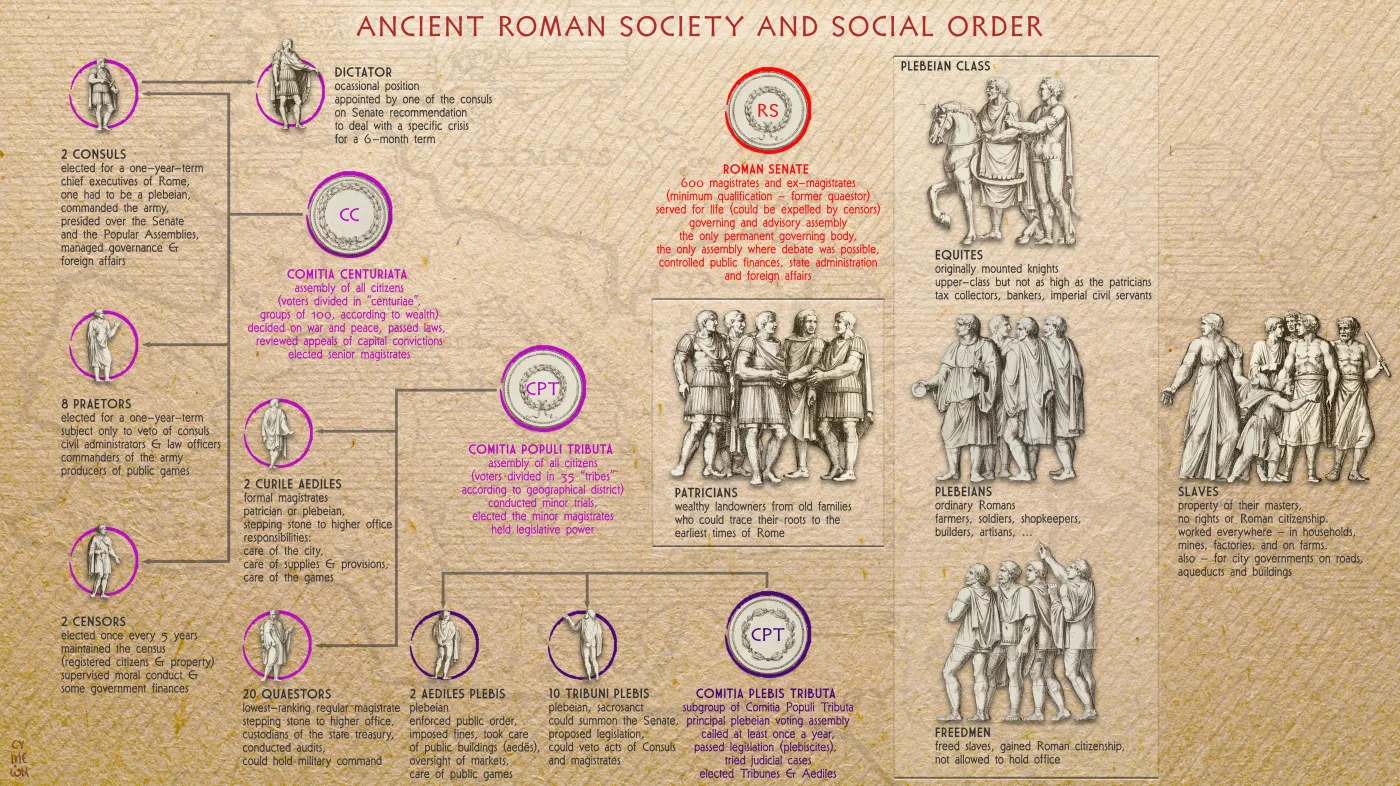
The Turning Tide
The allies’ resilience and the mounting pressure of the war eventually led Rome to introspect. The Lex Julia in 90 BCE, granting citizenship to non-rebellious allies, and the subsequent Lex Plautia Papiria in 89 BCE, offering citizenship to those who laid down their arms, were clear indications of Rome’s shifting stance.
For the allies, these laws were both a victory and a compromise. While they marked a significant step towards inclusivity, the war had also revealed the deep-seated biases and challenges that lay ahead.
Reflections from the Italian Landscape
From the perspective of the Italian allies, the Social War was a watershed moment. It underscored their importance in the Roman narrative and highlighted the challenges of seeking equality in a hierarchical society. The war was a testament to their resilience, unity, and the sacrifices they were willing to make for a more inclusive future.
Which side do you think had a stronger argument during the Social War: Rome or the Italian allies? Why? Comment below!
Conclusion
The Social War, as seen through the eyes of the Italian allies, was a poignant reminder of the complexities of alliances, the yearning for recognition, and the lengths to which communities will go to secure their rights. The allies’ fight for Roman citizenship and equality was not just a historical event but a timeless tale of aspiration, struggle, and the quest for a rightful place in the annals of history.
Want more of → Perspectives ← ?
FAQ
1. What economic factors drove the Social War (91-88 BCE)?
Beyond the quest for citizenship and political rights, economic disparities played a significant role in the Social War. The Roman Republic’s expansion led to the concentration of land into the hands of a few wealthy Romans, often at the expense of the socii. This land concentration, combined with the increasing use of slave labor, marginalized many allies economically, exacerbating their grievances and adding another layer to their demands for equality and recognition.
2. Why were the Italian allies dissatisfied?
The Italian allies desired more equitable treatment within the Roman Republic, including the same rights and privileges as Roman citizens such as voting rights, legal protections, and the opportunity to hold public office
3. What effects did the Social War have on Rome’s ties with external regions and provinces?
The Social War, while primarily an internal conflict, had ramifications for Rome’s external relations. The war showcased Rome’s vulnerabilities, potentially emboldening external adversaries. However, the eventual integration of the socii as citizens also expanded Rome’s manpower and influence, strengthening its position in subsequent interactions with external provinces and entities.
4. Who were some important leaders among the Italian allies in the Social War?
Yes, the Italian allies had several prominent leaders who championed their cause. One such leader was Quintus Poppaedius Silo, a Marsian, who played a pivotal role in rallying the allies and leading them in several key battles against the Romans during the Social War.
This was a delight to read. You show an impressive grasp on this subject! I specialize about Appliances and you…
i think he was just a crazy guy, a victim of his childhood and enviroment
super interesting 🤔
Loved this article, learned a lot!

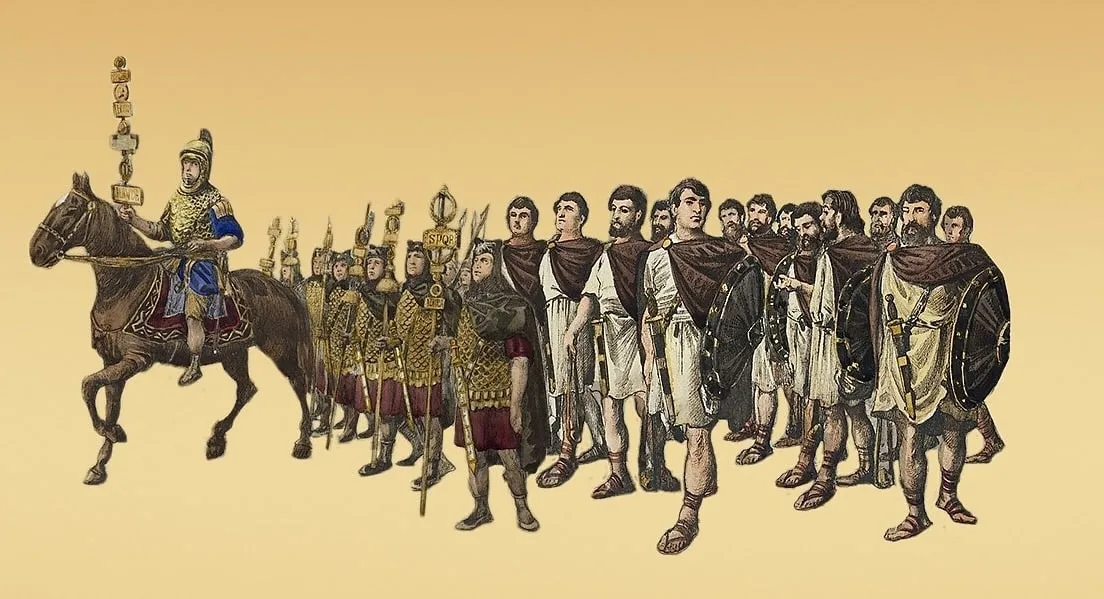
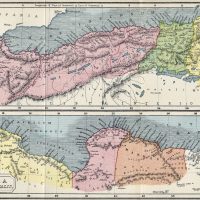
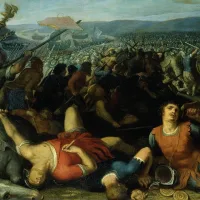
Leave a Reply